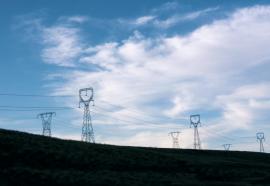Utility 2.0
Web technologies are transforming the utility-customer relationship.
Thanks to the Internet, consumers expect 21st century companies to bring a sophisticated online presence. Utilities that leverage the interactive power of Web 2.0 will strengthen their positions in regulatory and competitive arenas.









